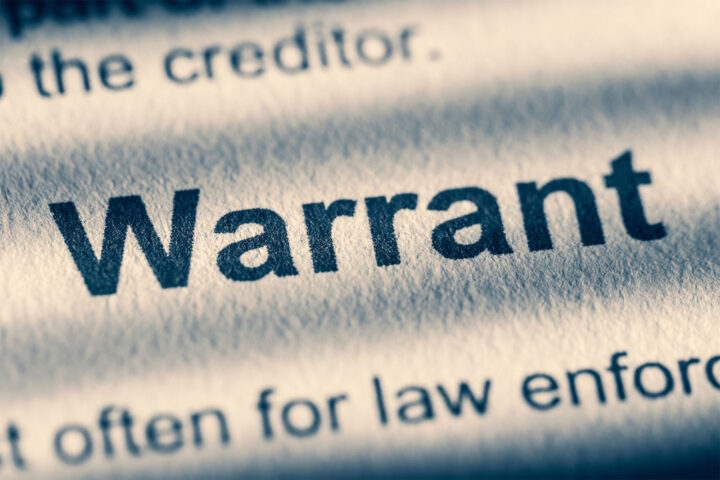When dealing with Criminal Law and law enforcement, individuals are entitled to certain rights to privacy via the Fourth Amendment. Search warrants are generally required before a search and seizure of persons or property and judges function as the gatekeepers to your rights by ruling whether there is sufficient probable cause to grant a warrant. However, a police officer has certain exceptions to these rules when dealing with situations that demand immediate action to prevent harm to the general public or loss of critical evidence. Most of those exceptions and the ones focused on in this writing are referred to as exigent circumstances.
As previously stated, warrants are generally the first step to a police officer having the right to seize or search persons or personal property. The word seizes generally references a police officer’s ability to hold property or detain an individual, while a search is an officer having the authorization to further investigate areas of the home, documents, personal effects, and even your person. While most situations would require a warrant, if certain scenarios are present, an officer might have the ability to act in the present and be judged on it later.
These scenarios or settings are referenced in the legal world as exigent circumstances. Put simply, exigent circumstances are present when a police officer believes that waiting to obtain a warrant could potentially put others in immediate danger or give the suspect the ability to destroy evidence or escape. Because the law’s primary purpose is public safety, courts have concluded that hot pursuit, destruction of evidence, imminent danger to the public, or a suspect’s escape can be valid reasons to act without a warrant.
Hot pursuit is explained as an ongoing chase of a suspect by an officer. If a felon is fleeing from a public place into a private place, such as a home, the officer is given the ability to enter the home without a warrant. A few factors must be considered in this exception. This applies only to felony crimes where the officer reasonably believes that a suspect could cause imminent harm and the suspect must be actively fleeing with the officer in the chase.
If a suspect is considered a flight risk and an officer believes the suspect might leave town, the officer has grounds to detain the suspect while waiting for a warrant. This is different from the hot pursuit exception because the officer does not have to be actively pursuing the suspect, they only need to believe that the suspect will likely flee.
Somewhat like both previous examples, a suspect can be detained if an officer believes that the suspect is capable and will cause imminent harm to others. This might mean that an officer goes to a home and hears noises indicative of violence and must act quickly to prevent harm to others. It could also mean that the suspect has acted violently in the past and is reasonably in the process of committing another act that would harm someone. The primary element in this exception is the harm must be imminent. In other words, the officer must reasonably believe that the harm will take place without immediate interference.
The last of the exigent circumstances pertains to the destruction of evidence. In this case, an officer must believe, like imminent harm, that if action is not taken evidence critical to the case will be destroyed. This can be as simple as hearing a lot of shuffling behind a door when an officer is investigating a tip that drugs are present and has reason to believe this is the reason behind the running and rapid movement before opening a door.
While the exceptions previously discussed are in place to help police perform their duties and preserve the public’s safety, individual rights must also be considered and upheld. For this reason, courts are likely to analyze these encounters on a case-by-case basis. Details in the case used to establish the boundaries of what is an individual right that must be preserved and what is necessary to prevent harm to others should be carefully considered. If you feel you have a situation that might require this type of analysis, we encourage you to let our well-trained, sufficiently staffed, group of attorneys guide you in any pending matter you may have. King Law Offices is always here to protect your rights and ensure you are getting the best advice or defense possible. Please contact us at 888-748-5464 (KING). We are here to help you.

